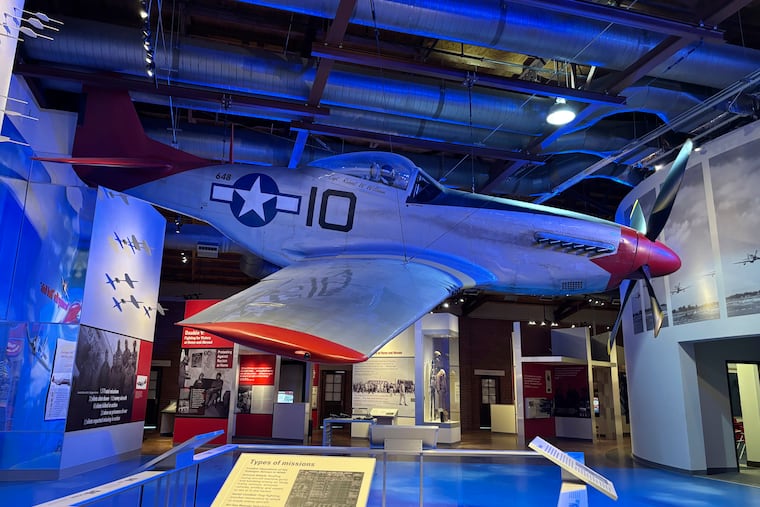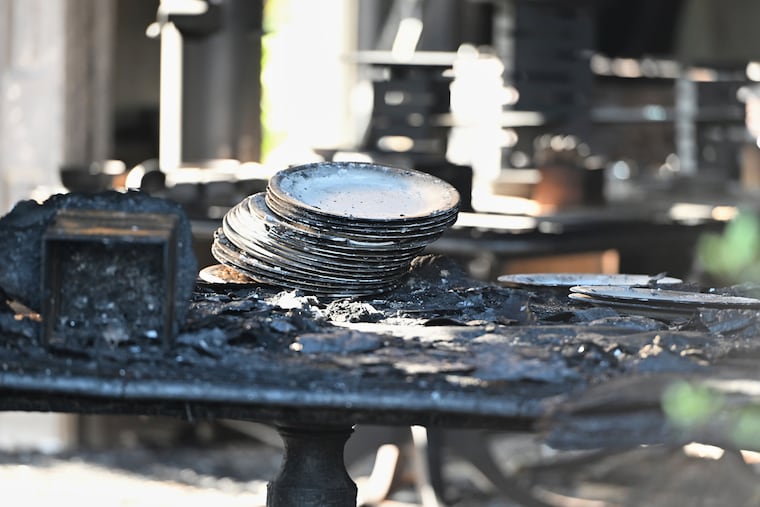Cardinals conclude pre-conclave meetings without reaching a consensus on Pope Francis’ successor.
VATICAN CITY — The cardinal electors concluded their pre-conclave meetings on Tuesday, focusing on identifying a successor to Pope Francis who can revitalize the Catholic Church, particularly in terms of engaging young people. With representatives from 70 countries, the 133 electors expressed a collective determination to find a pope capable of serving as both a pastor and a teacher, tasked with uniting the church and promoting peace rather than merely prioritizing the geographical or ideological origins of their candidate.
During the discussions, electors stressed that the principal objective of the forthcoming conclave is to select a leader who embodies the qualities necessary to navigate the complex relationship between the Church’s traditions and today’s societal challenges. Cardinal William Seng Chye Goh of Singapore emphasized the extraordinary demands placed on the new pope, suggesting that such a leader could be likened to a “superman,” given the myriad obstacles facing the global Catholic community.
The challenges are substantial, stemming from various scandals that have tarnished the Church’s reputation, including issues related to sexual abuse and financial mismanagement. Concurrently, secular trends are eroding institutional religious adherence in various regions, particularly in Europe, further complicating the task of addressing the present needs and expectations of the Church’s 1.4 billion adherents.
Pope Francis, who appointed a majority (108 out of the 133) of the cardinal electors, has instilled in them a vision of the Church that emphasizes outreach, particularly towards younger generations. However, the relatively limited familiarity among the electors, many of whom met for the first time just days before the conclave, may add an element of unpredictability to the election process.
On Wednesday afternoon, the cardinals will commence the conclave, entering the Sistine Chapel for a solemn ritual that includes chanting the “Litany of the Saints,” taking oaths of secrecy, and casting their initial ballot. In the event that no candidate acquires the required two-thirds majority of 89 votes, subsequent rounds of voting will occur.
The cardinals recognize that the selection of the next pope will need to address both the contemporary relevance of the Catholic Church and the vital understanding of its global demographics. Specifically, the Church’s growth is manifesting in Africa and Asia, where a flourishing number of vocations and faithful have emerged, while numbers are dwindling in traditional centers of Catholicism in Europe due to personal disaffiliation attributed to past scandals.
As cardinals deliberate the future direction of the Church, they are also confronted with geopolitical considerations, particularly concerning China, where relations have complicated the pastoral situation for the estimated 12 million Catholics. The possible ramifications of a Vatican agreement with Beijing regarding bishop appointments remain a point of contention and pose significant questions for the electors.
The election of a new pope represents a pivotal moment for the Catholic Church as it seeks to project a future that resonates with its diverse and growing global community while addressing lingering issues of trust and credibility. The conclave, marked by both solemnity and deep significance, holds the potential to redefine the Church’s trajectory during an era of profound change.
With the Holy Spirit believed to guide the process, the cardinal electors are poised to embark on their critical mission beginning this week, with the weight of their historic responsibilities growing as the day of decision approaches.







